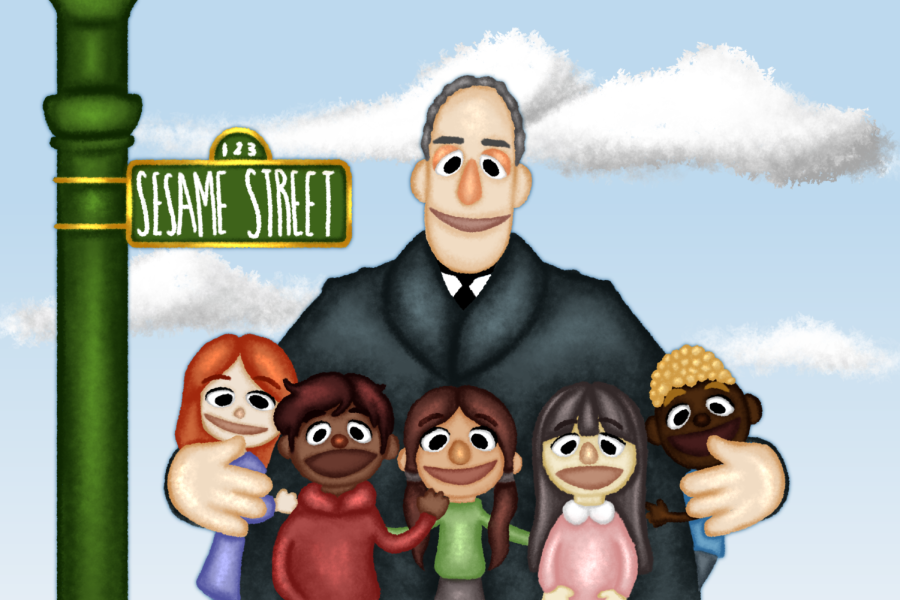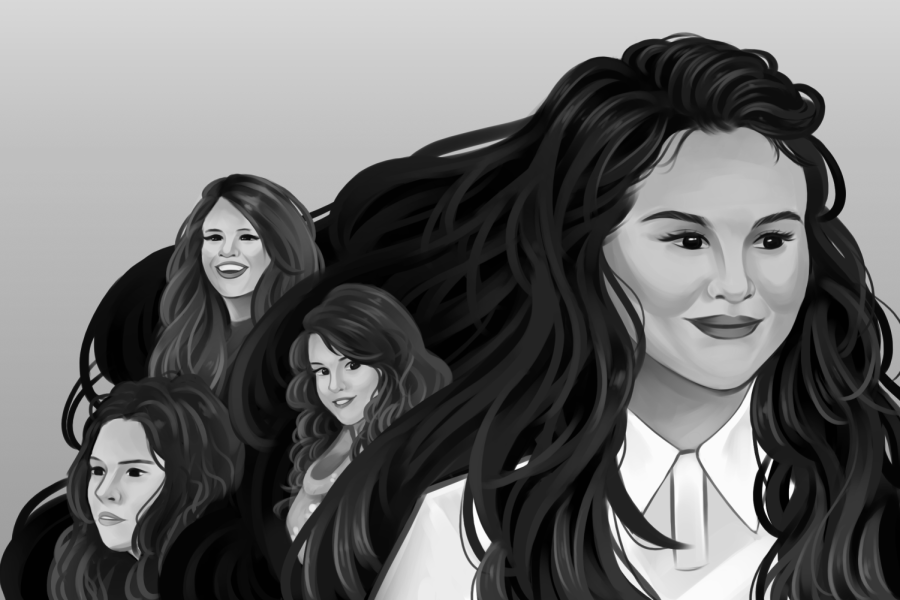“Shazam!” The 2019 superhero film based on the DC Comics character was a $367 million box office success, centered around teenager Billy Batson (Asher Angel) who can transform into an adult, alter-ego hero Shazam (Zachary Levi) by the shout of his name.
However, its sequel, “Shazam! Fury of the Gods,” failed to rise up to the original’s former glory. Released on March 17, the film grossed $11.7 million during opening weekend, shooting below its projected $35-40 million box office and becoming the third-worst performing film of the DC Extended Universe. Though “Fury of the Gods” shares a similar premise to the first, it loses its original charm by defaulting to typical and overdone superhero tropes — resulting in its mediocre performance.
One of the most distinct aspects of the film’s premise is that “Fury of the Gods” is not about a singular champion bearing the burden of keeping their city safe. After Billy uses a powerful staff in the previous film to share his powers with his siblings, they begin the sequel working as a team, known as the “Shazamily.” As the leader, Shazam constantly struggles not only to unite them and save people from the gods who plan to destroy Earth, but also with his fear of growing apart from his foster family and his insecurity as a superhero.
Unfortunately, the movie ultimately loses its heartfelt qualities to a grand-scale hero-versus-villain showdown. Scenes are spent switching between the Shazamily and the vengeful gods, with convoluted expositions to explain why some local superheroes are suddenly tasked to save the whole world. Before the final battle, the god Kalypso (Lucy Liu) manages to take away nearly all of the Shazamily’s powers except for Shazam’s. Unsurprisingly, he is left to heroically save the world on his own, losing semblance to the originally family-driven plot and leaving his siblings’ characters feeling underdeveloped.
Despite granting Shazam a disproportionate amount of the spotlight, “Fury of the Gods” also fails to fully establish their protagonist. The most grounding facet of the character is his teenager self, who struggles with the idea that he and his siblings are growing up. However, most of his screen time is spent as the adult superhero, carrying out generic action sequences with an awkwardly cheerful persona. The split between Billy and Shazam becomes so disjointed that they feel like separate characters — depriving “Fury of the Gods” of most of its emotional substance.
By elevating its villains to god-hood, the film raises the plot stakes at the cost of personal stakes.
The larger-than-life conflict renders Billy’s character arc insignificant — when the world is ending, it doesn’t matter who saves it, whether it’s Shazam or Superman. While the gods’ lofty goals of world destruction make for an impressive final fight and an inflated CGI budget, it’s clear that the villains were written only to be impressive, and their collective role as the antagonists become muddled as they fail to reconcile their independent goals. In contrast, the conflict of “Fury of the Gods’” predecessor is driven by a power-hungry mad scientist, who provides a foil to the altruistic Billy and challenges him to overcome his insecurities — Billy’s growth is not only significant but necessary to the resolution of the film.
While the golden days of Hollywood’s superhero obsession established a cookie-cutter plot that worked – a villain with evil and disastrous machinations needs to acquire some powerful object to carry out said plans, but an unlikely hero rises to the challenge, culminating in an epic showdown where the hero emerges victorious no matter the cost – it’s gotten old. Attempts to aggrandize it have only contributed to audience burnout, “superhero fatigue,” and “Fury of the Gods” is no exception.
“Fury of the Gods” is not an entirely bad film, but its story has been contorted to the point of losing its most valuable qualities to an archetypal superhero formula. Hollywood is in no shortage of sequels that fulfill the need to go “bigger,” but what the industry really needs is to go “bolder” and offer a fresh, unique take on heroism — before the superhero genre itself falls out of step with the big screen.





























































